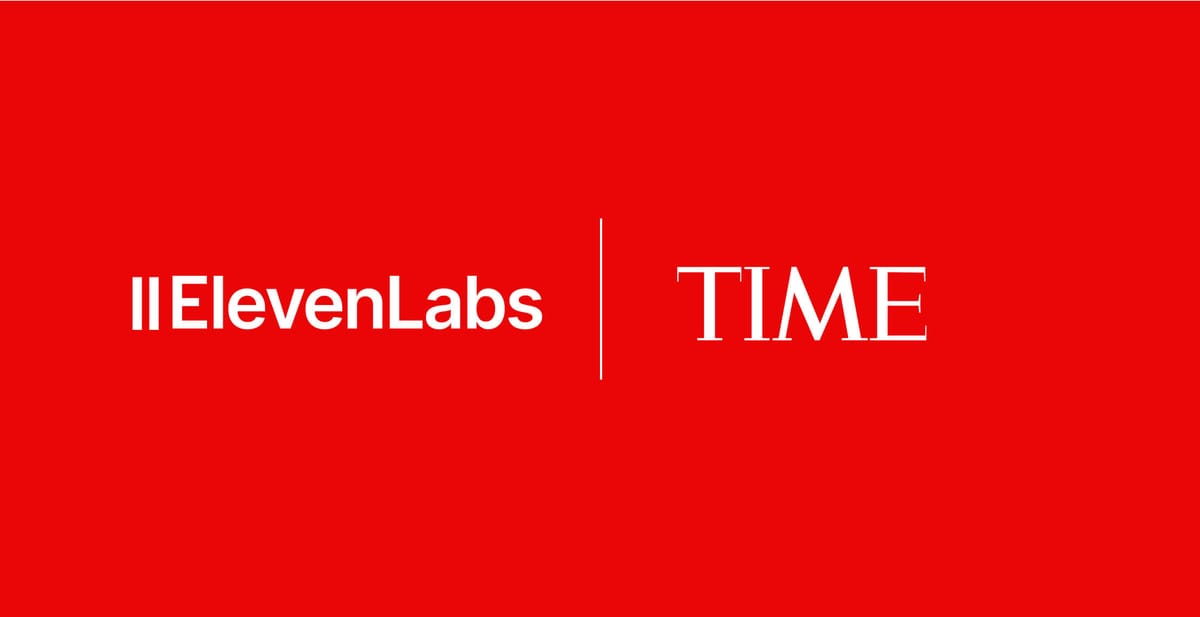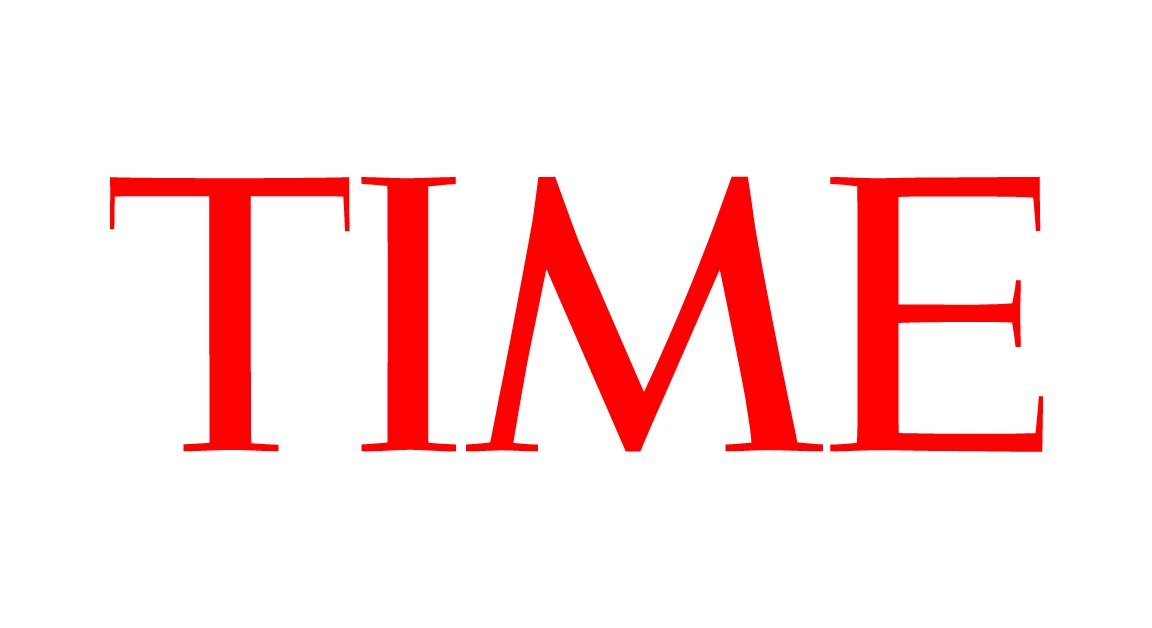





OpenAI has announced a multi-year content deal with Time magazine, granting OpenAI access to current and archived articles spanning over a century of Time's history. This collaboration aims to enhance OpenAI's generative AI products by leveraging the extensive content available in Time's archives [79c6d57c].
The partnership between OpenAI and Time magazine underscores the increasing importance of AI in the media industry. By utilizing OpenAI's technology and accessing Time's vast archives, Time magazine aims to enhance its content offerings and provide readers with more comprehensive and insightful coverage [5b717292].
In addition to the content partnership, OpenAI has also partnered with ElevenLabs to add AI-generated audio to Time magazine's digital platform. This collaboration allows for the creation of automated voiceovers for articles, blogs, and newsletters using ElevenLabs' Audio Native technology. By offering audio options, Time magazine aims to make its journalism more accessible to a wider audience, including those with visual impairments or learning differences [bbed7d3b].
OpenAI's partnerships with media outlets like Time magazine, The Atlantic, and News Corp raise concerns about the future of copyright and journalism. News articles are protected by copyright, and OpenAI's access to vast news-related data raises concerns about information manipulation and control by AI companies. OpenAI is currently facing a lawsuit from The Times for alleged copyright infringement, further highlighting the need to update copyright laws in the context of generative AI [5e4052fd] [598df418].
These partnerships also raise questions about the future practice of journalism and the impact of AI on the industry. While AI technology offers opportunities for innovation and content enhancement, it still lacks the required nuance to effectively address complex or sensitive topics. As the media industry navigates the evolving landscape of AI and journalism, it will be crucial to strike a balance between technological advancements and ethical considerations [5e4052fd].
Meanwhile, Intaglio, a digital signature technology, has launched its beta version to validate the authenticity of written content. The technology uses cryptographic hashing to authorize creators' signatures, acting as a digitized fingerprint for written content. Intaglio securely stores all signatures in its global database. Users can define AI access preferences and configure notification controls for alerts on suspected AI infringement. The platform charges AI developers for access to its model training database and offers licensing to publications to distribute Intaglio-authenticated content. Co-founders of Intaglio include John Biggs, Alexandra Matthiesen, and James Donovan. The platform is currently in beta and accepting early access sign-ups [4f4e71ac].
The Bloomberg open-source editing tool, called Edit, is being used by newsrooms around the world. Developed by Bloomberg's in-house engineering team, Edit is designed to help journalists quickly and accurately edit articles. It utilizes machine learning algorithms to suggest edits and improvements, streamlining the editing process and improving article quality. News organizations such as The Washington Post, The Wall Street Journal, and The New York Times have praised the tool for its ability to save time and enhance the quality of articles [af9c5777].